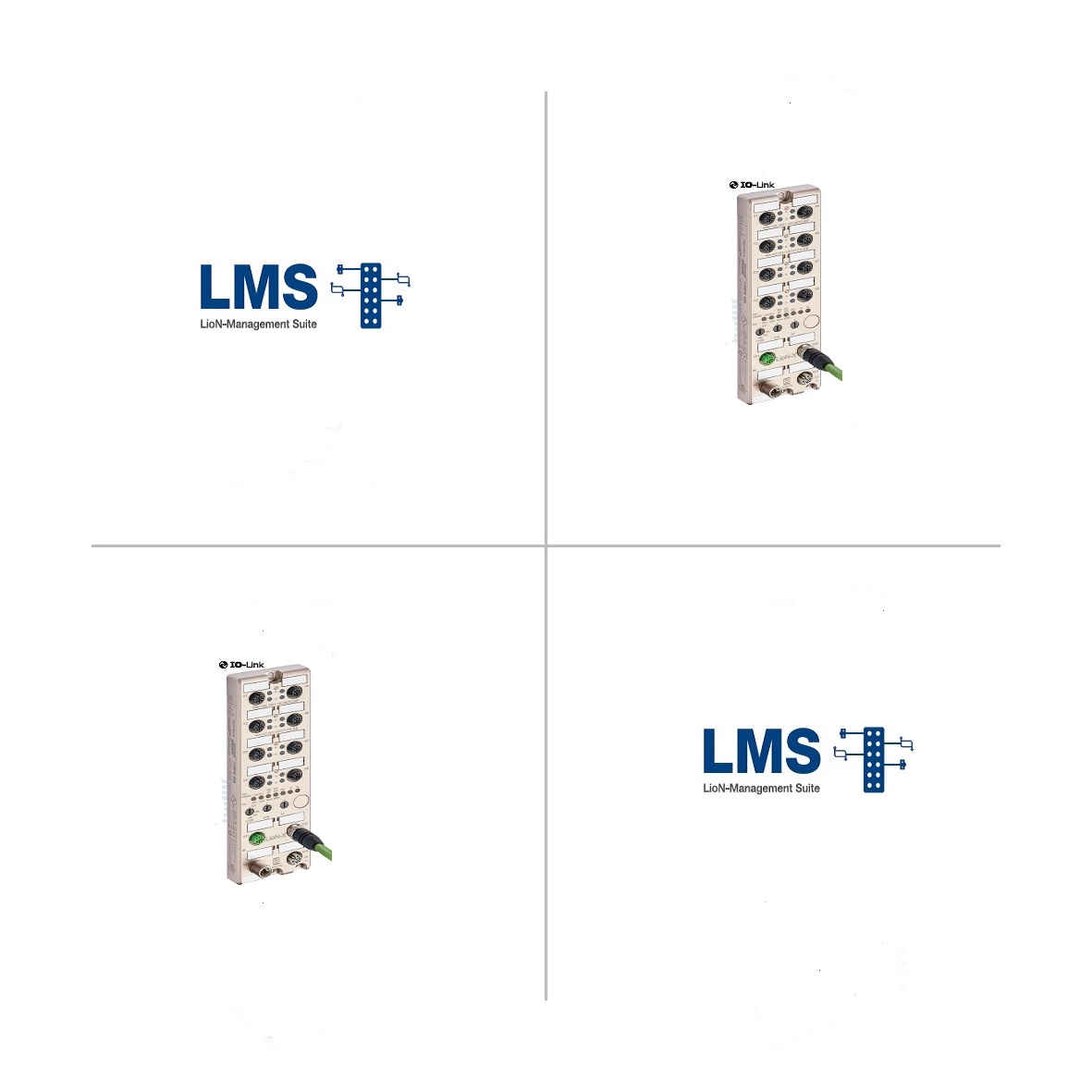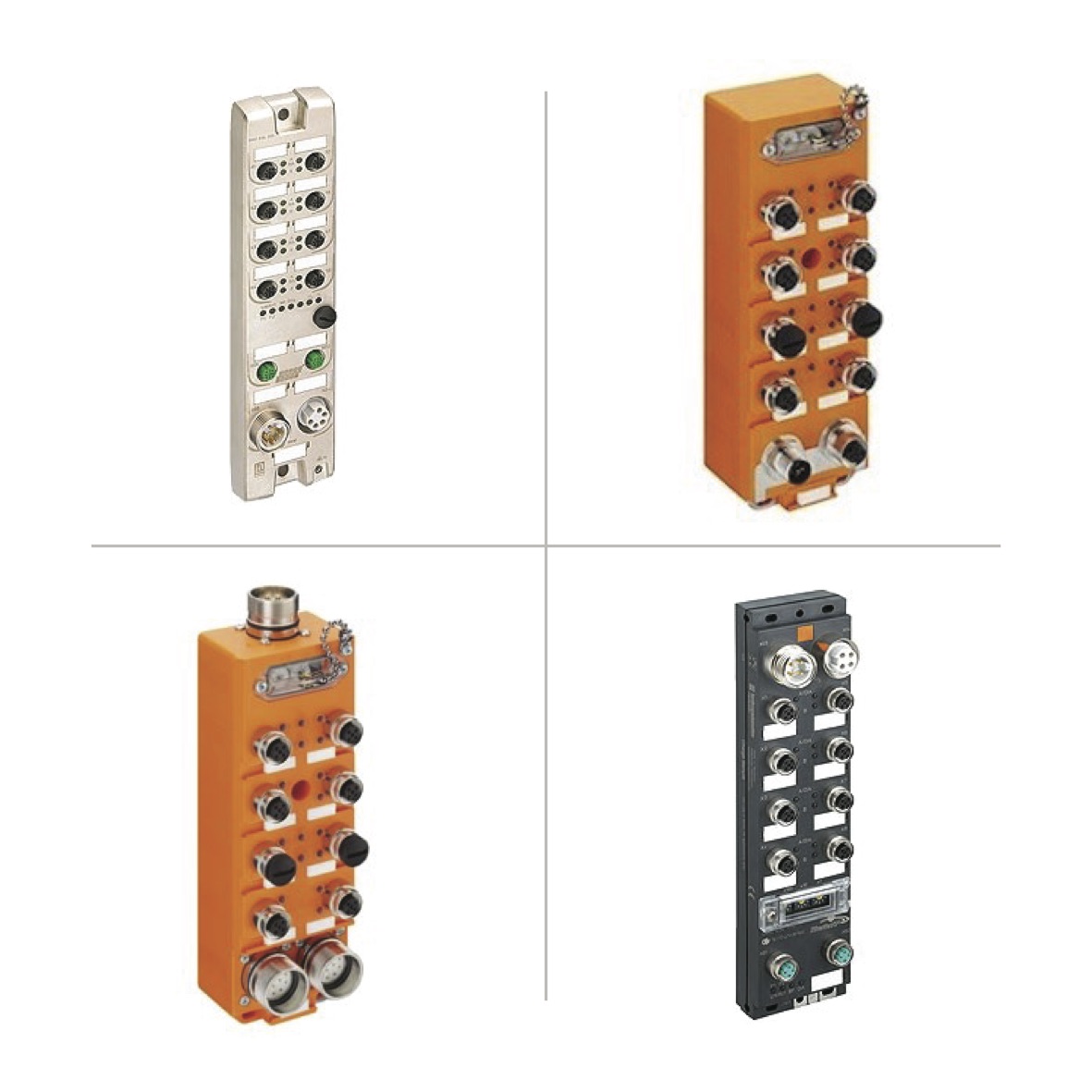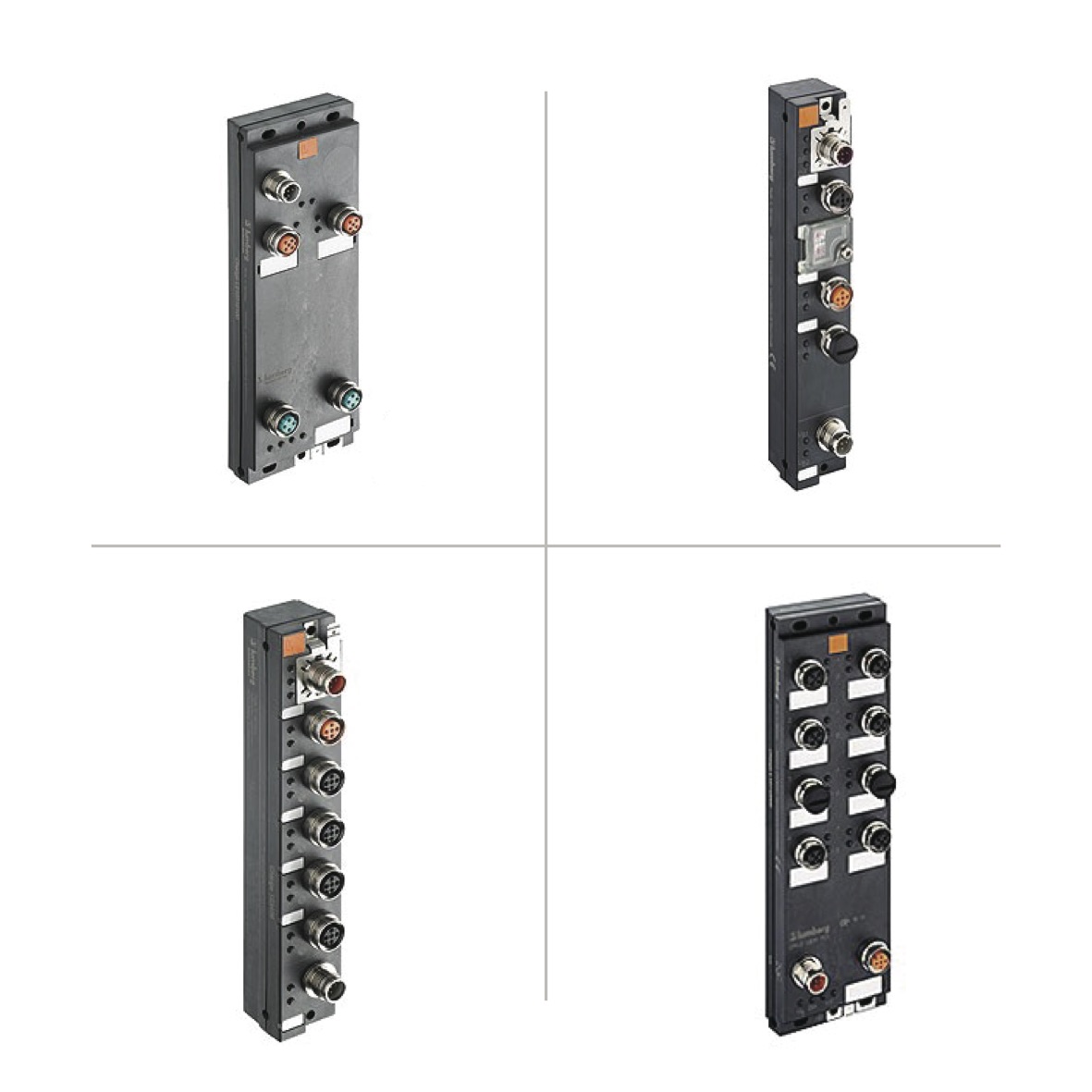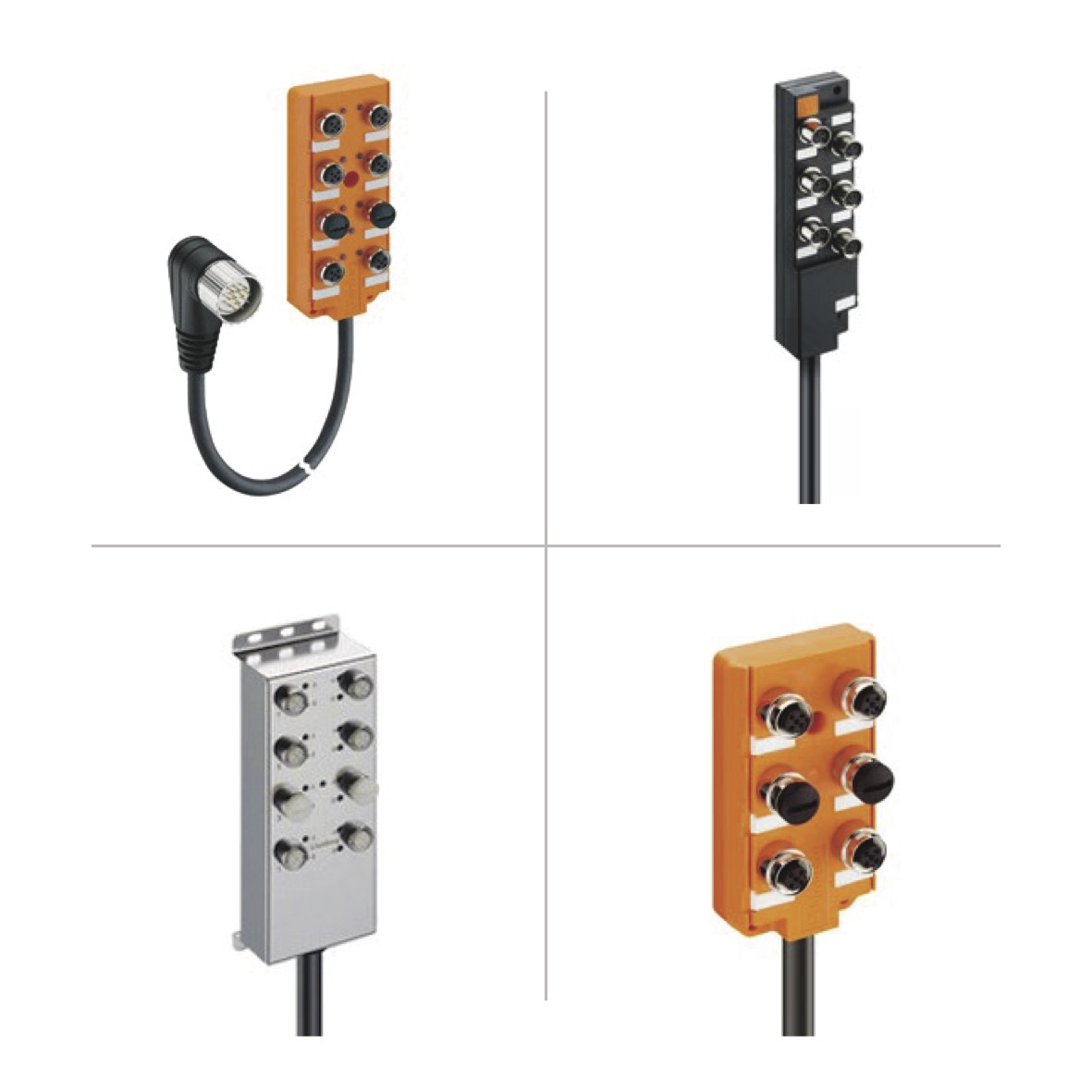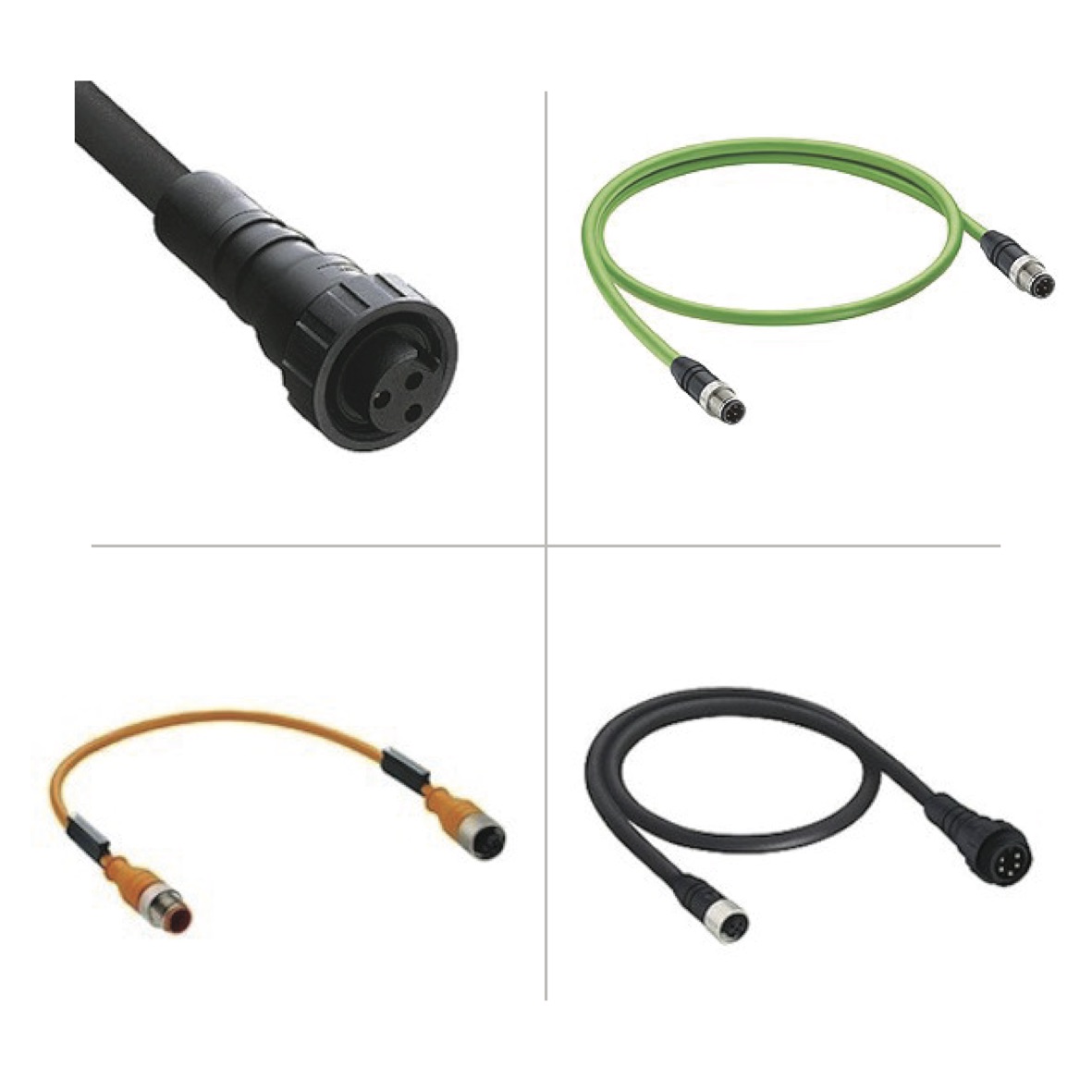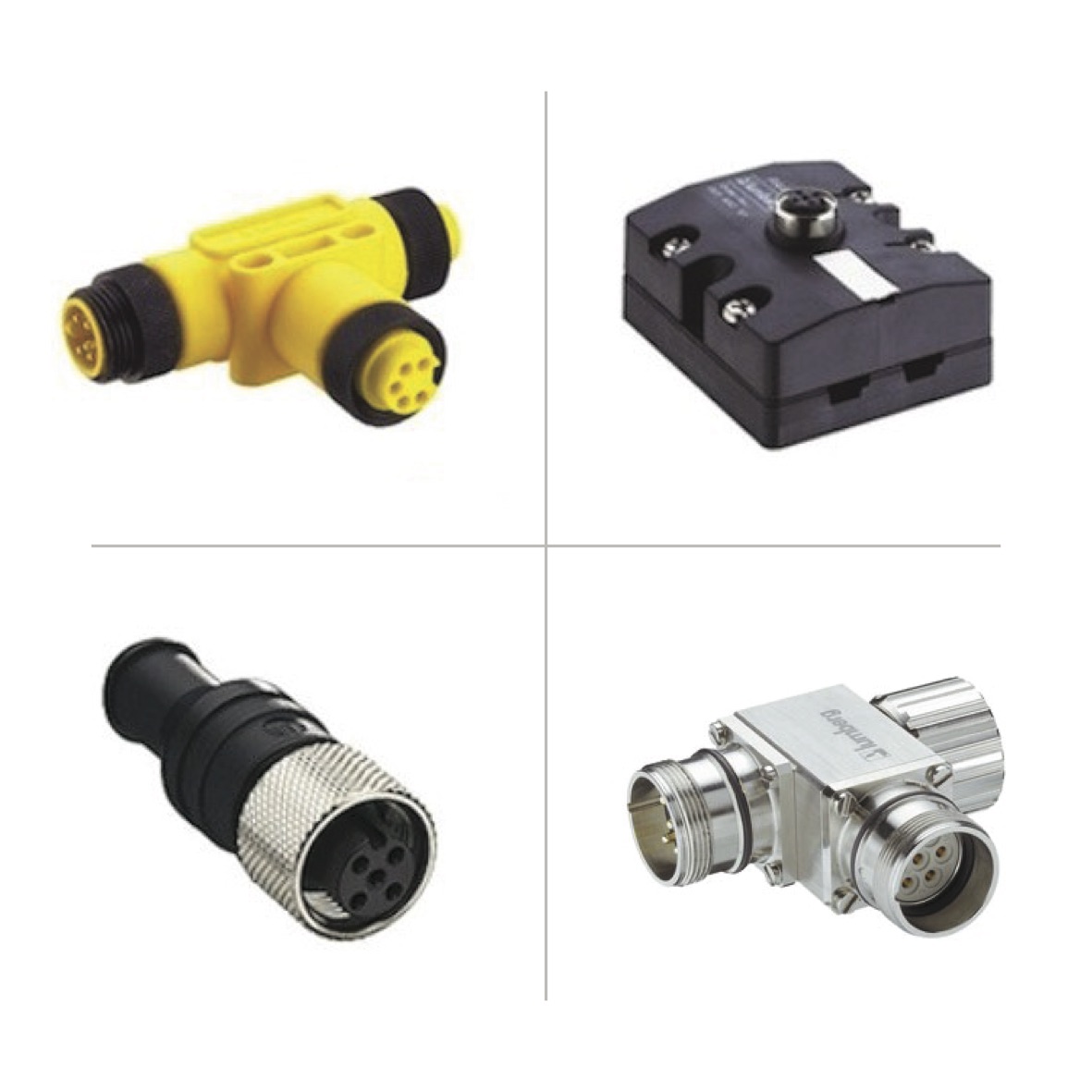I/O Modules
Automation Technology
Automation technology, industrial automation, factory automation, smart factories and smart cities; each of these terms and more relate to the reduction of human intervention, increased efficiency of manufacturing processes and the improvement in quality. Automation of the manufacturing process not only reduces costs, it improves quality, increases production rates, reduces waste and optimises energy use.
Within the Complete Electronics Ltd product portfolio, we cover the industrial automation sector with products from Hirschmann Industrial Ethernet, Bulgin and Lumberg Automation. The product focus within the automation technology category is on the communication protocols that allow the relay of information within the manufacturing process. Those protocols include;
AS-Interface; Considered to be one of the simplest industrial networking protocols, it is designed for connecting binary devices such as actuators and sensors in process applications using a single cable.
Fieldbus; Fieldbus is a commonly used protocol in industrial networks specifically designed for communication between PLCs or industrial controllers and field-mounted sensors/actuators or remote IO stations.
Interbus; Interbus was originally developed by Phoenix Contact as a sensor/actuator open Fieldbus system for the transmission of process data between control systems, IO modules and higher level systems.
Profibus; Profibus links control systems with decentralized field devices (sensors and actuators) at field level and also enables consistent data exchange with higher ranking communication systems. This protocol supports Fieldbus solutions both in factory and process automation as well as in motion control and safety-related tasks.
CANopen; CANopen is a protocol based on the CAN (Controller Area Network) protocol and was developed for embedded networking applications. It provides a protocol which standardises communication between devices and applications regardless of manufacturer.
DeviceNet; DeviceNet connects simple industrial devices (sensors and actuators) with higher-level devices such as PLC’s. Built on the standard CAN physical communications standard, DeviceNet uses CAN hardware to define an application layer protocol that structures the task of configuring, accessing and controlling industrial automation devices.
Industrial Ethernet; Ethernet specifies physical and data link layers of network functionality. The physical layer specifies the types of electrical signals, signalling speeds, media and connector types and network topologies. The data link layer specifies how communications occurs over the media. Industrial Ethernet is becoming increasingly significant in the automation sector and looks set to be the favoured automation technology protocol heading into the future.
Most global industrial automation specialists offer an impressive range of products for manufacturing environments. Most existing factories already feature interconnect equipment from the likes of Hirschmann, Amphenol, Lumberg and Bulgin. With such a wide range of technologies on the same shop floor, compatibility and connectivity are critical. IO Modules within the automation technology category all use the protocols mentioned which enable automation of almost any industrial application.

